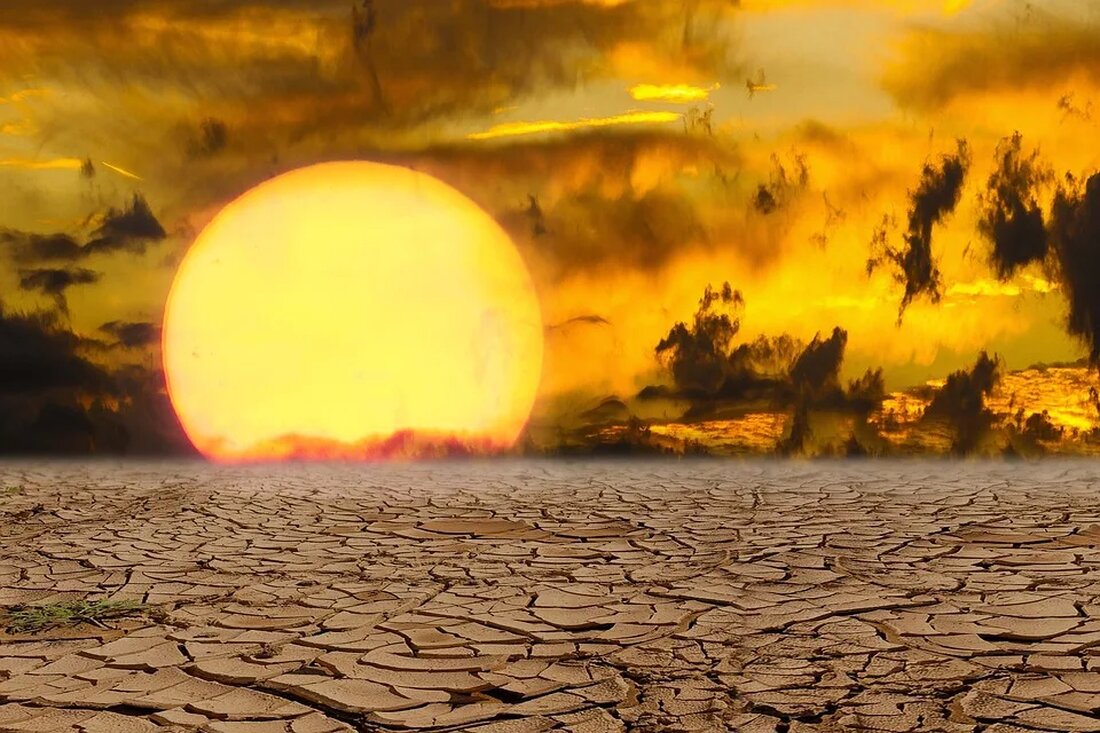Climate change and children's health
Climate change is a problem that affects every person on our planet. Although its impact is felt globally, some populations, particularly children, will be more severely affected by its negative consequences. In this article, we will discuss how climate change affects children's health and what measures can be taken to mitigate these impacts. Impact of climate change on children's health Increased exposure to extreme weather events Children are more vulnerable to the effects of extreme weather events caused by climate change - such as floods, heat waves and hurricanes. Such events can result in direct injury, death or psychological trauma. She …

Climate change and children's health
Climate change is a problem that affects every person on our planet. Although its impact is felt globally, some populations, particularly children, will be more severely affected by its negative consequences. In this article, we will discuss how climate change affects children's health and what measures can be taken to mitigate these impacts.
Effects of climate change on children's health
Increased exposure to extreme weather events
Children are more vulnerable to the effects of extreme weather events caused by climate change - such as floods, heat waves and hurricanes. Such events can result in direct injury, death or psychological trauma. They can also increase indirect health risks, such as the spread of disease or lack of food and clean water.
Changing disease scenarios
With global warming, certain infectious diseases to which children are particularly vulnerable are becoming more likely. For example, malaria and dengue fever mosquitoes are likely to move into areas where they have not previously occurred.
Another factor is that extreme weather events can promote the spread of pathogens by creating ideal conditions for them to multiply.
Respiratory diseases and allergies
Global warming is causing an increase in air pollutants, such as pollen and mold spores, which can worsen allergic respiratory diseases such as asthma. Higher temperatures also contribute to the formation of ground-level ozone, which can damage children's lungs.
Adaptation and mitigation strategies to protect children's health
Strengthening health systems
To mitigate the health risks of climate change for children, it is crucial to build and maintain robust health systems. This could include training for health workers to increase understanding and capacity to address climate-related health issues in children.
Early warning systems
Establishing and improving early warning systems for extreme weather events and disease outbreaks can help reduce the health risks to children associated with climate change. Such systems can support the prediction and management of extreme weather events, helping to minimize immediate threats to children's health.
Promoting sustainable behavior
Educating children and young people about climate change and its impacts is another important step. By teaching children sustainable practices and behaviors, they can become active participants in addressing climate change.
conclusion
The relationship between climate change and children's health is complex and requires comprehensive efforts at all levels of society. Given the potential risks that climate change poses to child health, there is an urgent need to take effective adaptation and mitigation measures to protect children and adolescents in the present and for future generations.
Despite the challenges we face with climate change and child health, there is hope. Through collective efforts, we can reduce the health risks to children caused by climate change while creating a sustainable world for future generations.

 Suche
Suche
 Mein Konto
Mein Konto
